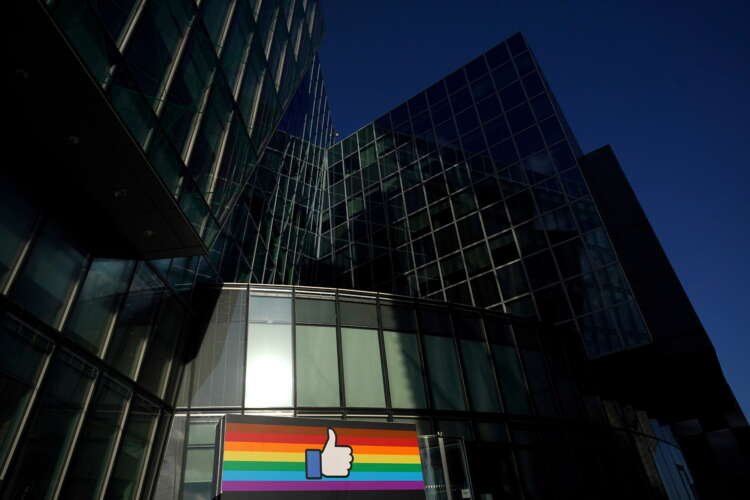Top Stories
Ireland Inc bets big multinational footprint can see off tax overhaul
Published by linker 5
Posted on June 10, 2021
1 min readLast updated: January 21, 2026

Published by linker 5
Posted on June 10, 2021
1 min readLast updated: January 21, 2026

Explore more articles in the Top Stories category











